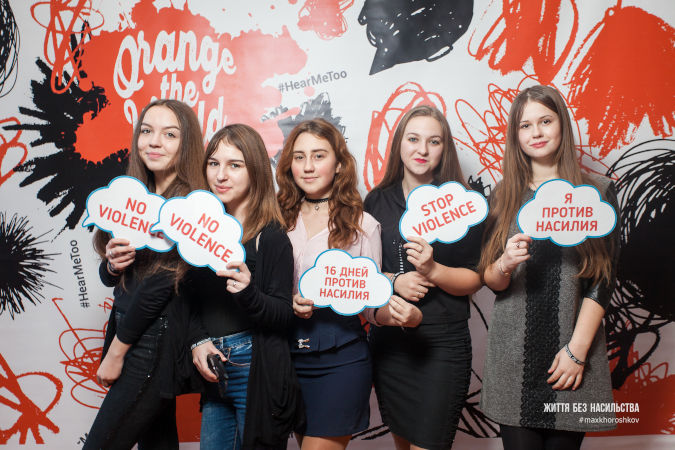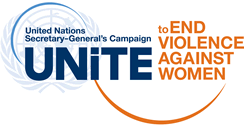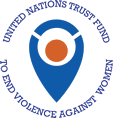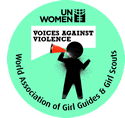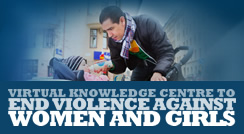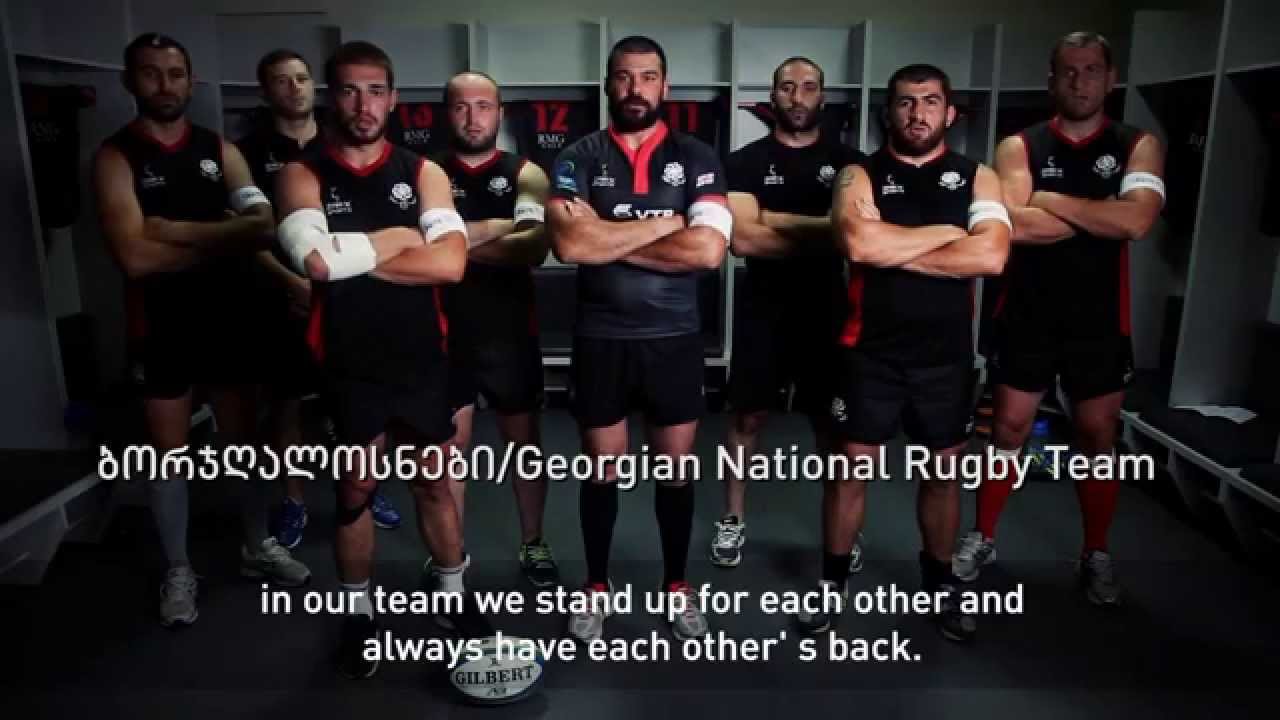Georgian Rugby players once again unite for the "Sportsmen UNiTE against Violence against Women Campaign” that has been run in their country to support UN Secretary-General’s UNiTE to End Violence against Women Campaign.
Ending violence against women
Violence prevents women from fully participating in society, and has long-lasting consequences and costs for women’s families, communities and countries. A grave violation of human rights, violence against women and girls is still widespread in Europe and Central Asia. Women and girls represent 80 per cent of sexual assault victims in nearly every country in the region[1]. The rates are similarly high for psychological partner violence, with 83 per cent of women reporting it in Belarus, 60 per cent in Moldova and 58 per cent in Albania. In a 2012 UN Women survey, 58 per cent of women in Tajikistan reported physical or sexual violence by their partner, as did 42 per cent in Turkey and more than 20 per cent in 11 other Europe and Central Asia countries.
While many countries in the region have strengthened laws to address domestic violence and trafficking and others have adopted national gender equality strategies that target violence against women, implementation is limited by low enforcement capacity, budget scarcity, limited specialized services for survivors (especially in rural areas), poor coordination, as well as prevalent social norms, traditions and practices.
Our Approach
Across Europe and Central Asia, UN Women offices work to prevent and respond to violence against women and girls by:
- supporting initiatives that increase access to services for survivors and make public and private spaces safer for women and girls;
- partnering with governments, UN agencies, civil society organizations and NGOs to prevent and respond to violence;
- raising awareness of the causes and consequences of violence against women;
- working to change the attitudes and behaviours that tolerate and perpetuate violence and gender inequality.
